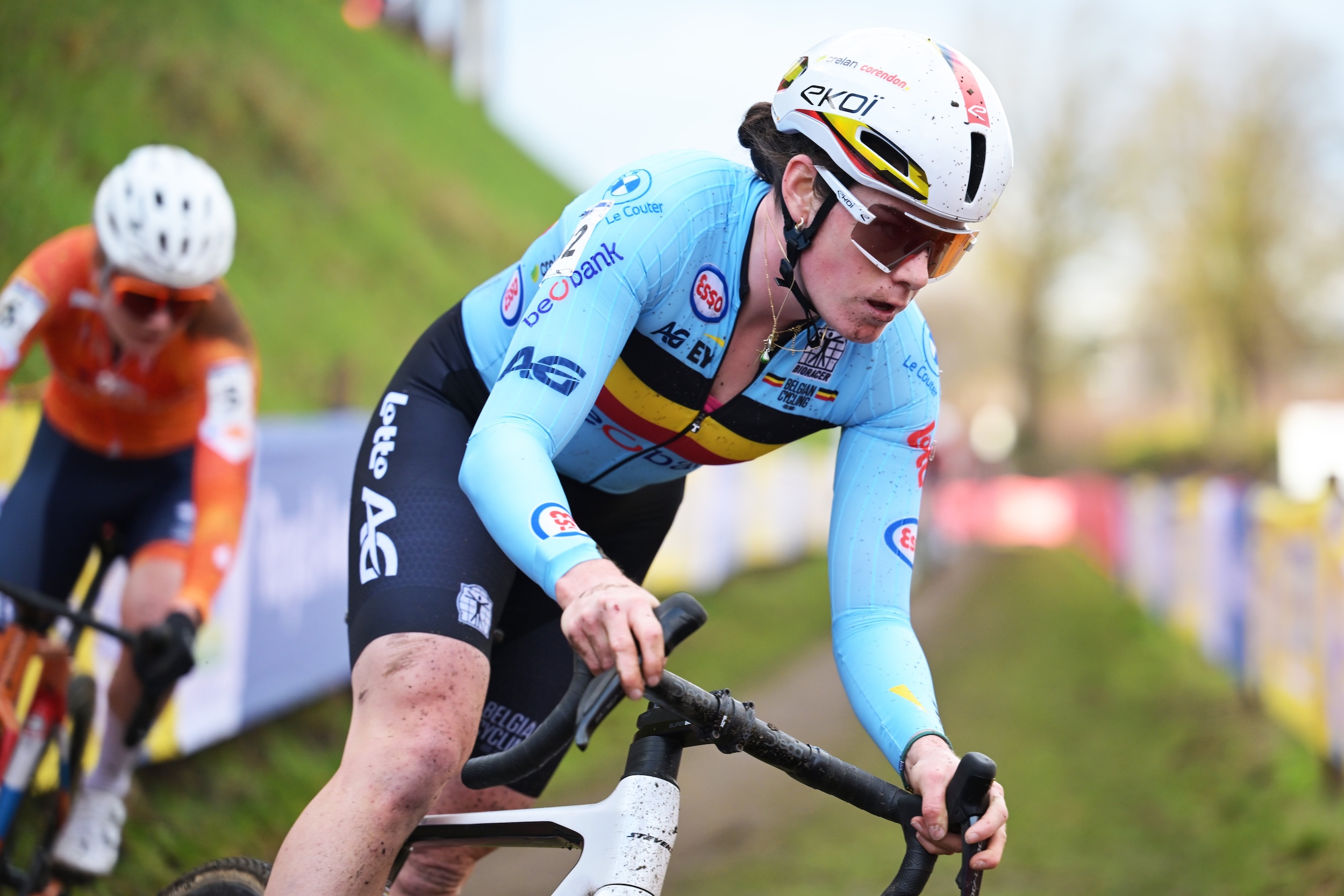38 pages of circumstantial evidence
Coming up on Cyclingnews will cover the 96th Scheldeprijs Vlaanderen - 1.HC live on April 15 at...
It's on the basis of a 38-page thick abstract of the original Spanish judiciary document of 500 pages that the Tour de France officials and the concerned team managers took the decision, yesterday morning, to take some of their riders out of their race rosters and suspend them with immediate effect. A hard decision for everyone involved, but one that certainly relied on hard facts, too, which will slowly but steadily come out to the public now.
The allegations are as follows:
On Ivan Basso: In a telephone conversation on May 14, 2006, at 21.46, between Ignacio Labarta and Eufemiano Fuentes, Labarta links Basso and José Ignacio Gutierrez to Fuentes, apparently identifying them as his clients. The affirmation of the relationship between Basso and Fuentes leads to the code name "Birillo" and consequently to the number two of the blood samples.
On Jan Ullrich: The surname "Jan" appears four times in document 32, where it is linked to a list of code-named products, which are: blood, growth hormone, IGF-I (growth factor) and testosterone.
On Ullrich and Basso: The document 65, which features the logo of Biomedisport Canarias SA, a company administrated by Fuentes, contains a list of the "collaborators and participants of the festival in May". This seems to refer to the Giro d'Italia, in which the following riders included in the list took part: Ivan Basso, Marcos Serrano, Michele Scarponi, José Enrique Gutierrez, and Jan Ullrich. The same documents seems to establish the relationship between these five riders and the activities of the group of Fuentes.
On Francisco Mancebo: In the search of Ignacio Labarta's home were found documents entitled "Information on Mancebo's effort test", as well as documents about his annual race program with symbols on drugs and blood transfusions, which point towards a direct relationship between Francisco Mancebo and number 17. [Mancebo has not refuted the allegations, but said that he would end his career - ed.]
On Oscar Sevilla: The record 99/06 identifies T-Mobiles Oscar Sevilla, coming to the apartment located at 20 Caidos de la Division Azul, in the company of Fuentes and Labarta on May 13. Four bags of refrigerated blood with the tag "5NO SIB 13/05/06" correspond to this visit. Jörg Jaksche and Santiago Botero's involvement are established the same way.
The latest race content, interviews, features, reviews and expert buying guides, direct to your inbox!
On Rudy Pevenage: On May 17, at 23.27, Fuentes received an SMS text message from a Belgian number with the following message: "Friend, when can we talk? Rudicio." On the next day, at 12.20, Fuentes receives a call from the same number. As he's busy, he asks the person to call back later. "This evening," he responds. "Now, there's a time trial." [which was won by Jan Ullrich - ed.] The elements lead to the supposition that the identity of "Rudicio" is T-Mobile's DS Rudy Pevenage, who is also a close personal advisor of Jan Ullrich.
It is important to note that not all of the riders that have been linked to the doping ring have been identified with the same methods of circumstantial evidence. Some of the riders' identities are formally established by using taped phone calls and video cameras (the cases of Santiago Botero, Oscar Sevilla and Jörg Jaksche, for example). Some riders have been linked because their names or code-names appear in incriminating documents. Thirdly, there are those whose names or patronyms are cited in conversations, but whose direct implication remains to be proven. This is the case with Alberto Contador and Sergio Paulinho.
